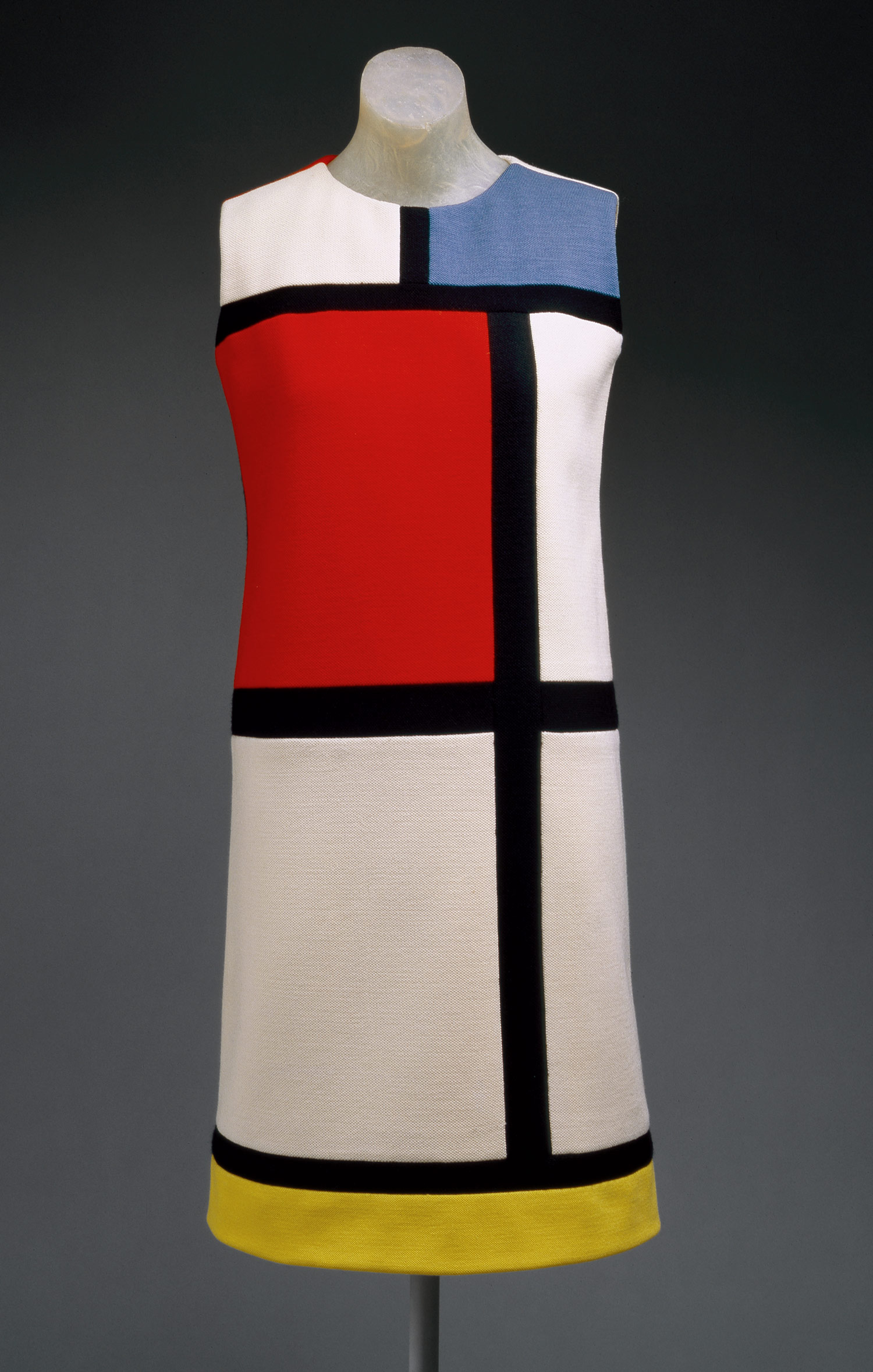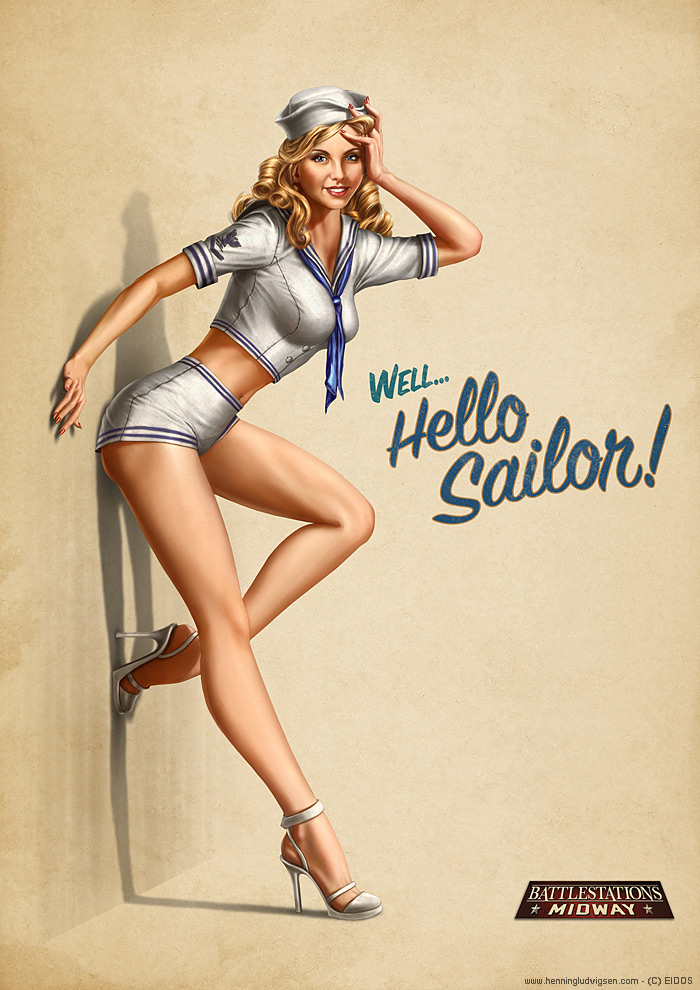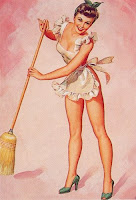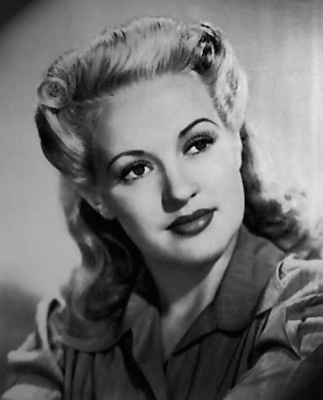Desde os anos 30 que se fazem inúmeras tentativas de criação de seres geneticamente idênticos a um ser original, sendo estes obtidos artificialmente. A esta reprodução assexual de indivíduos, denominamos clonagem. No entanto estas tentativas foram realizadas sem a unanimidade da comissão ética, tanto que após a publicação dos dados, surgiu bastante revolta em torno deste assunto.
Em 27 de Fevereiro de 1997, a revista “Nature” anunciou o nascimento da ovelha Dolly, provocando ainda mais oposição e revolta perante a opinião pública, pois este acontecimento tratava-se de um grande passo no desenvolvimento da ciência.
As ovelhas vivem em média entre os onze e doze anos, a Dolly apenas viveu seis anos e meio, começando a manifestar doenças da velhice a partir dos cinco anos e meio.
A novidade científica, etnicamente preocupante, deve-se a dois factos, o primeiro de ser possível obter de uma reprodução assexual agamica, um individuo geneticamente igual a outro, sem ser através de uma cisão gemelar mas sim da clonagem, e o segundo por sempre se ter julgado a clonagem impossível, e considerada realidade apenas nos filmes.
Método da clonagem
Método da clonagem
Biologicamente, a clonagem usa o método por transferência de núcleos, ou seja, temos um óvulo de um animal, ao qual vamos retirar o seu núcleo, e trocá-lo pelo núcleo da célula somática de outro animal (da mesma espécie), que vai substituir o núcleo anteriormente retirado do óvulo, sendo o novo núcleo que contem todo o património genético.
São precisos 3 animais:
- o animal que dá o óvulo, a qual vai ser retirado o núcleo, ficando este anucleado;
- o animal que vai dar a célula que vai conter os 46 cromossomas, ou seja, o seu ADN, que vai ser introduzida no óvulo;
- o animal em que vão meter o óvulo para este bebé nascer.
Identidade e Eugenia
Por exemplo, nos casos dos gémeos a semelhança não significa a mesma identidade. Apesar da impossibilidade incluir o espírito que é fonte de personalidade, a extensão da clonagem ao homem, já fez imaginar hipóteses inspiradas pelo desejo de um poder absoluto de controlar características humanas naturais, na cópia de indivíduos dotados em termos de inteligência e beleza; selecção de indivíduos saudáveis e imunes a doenças genéticas e hereditárias reprodução da imagem de um familiar defunto; entre outros. Daí a polémica da eugenia. A negativa, que consiste em eliminar traços biológicos e psicológicos considerados indesejáveis: anomalias graves como o mongolismo, e outras doenças hereditárias; e a positiva cujo objectivo é promover e aperfeiçoar características desejáveis, quer físicas quer mentais.
Mas será que a clonagem irá perturbar de modo significativo as relações familiares? Será que a clonagem reprodutiva é errada? De facto há quem defenda que esta cria relações familiares artificiais e atípicas. Por outro lado, há defensores de que as relações familiares são estabelecidas muitas vezes com base em relações afectivas, como o caso da adopção.
Clonagem terapêutica
Outro tipo de clonagem , é a clonagem terapêutica, que clona para tratar doenças como as diabetes, problemas cardíacos, lesões na coluna cervical, e outros . A semelhança entre estes dois tipos de clonagem está em que o embrião não é implantado em qualquer útero para fabricar um organismo completo, um bebé - clone, mas a partir desse embrião retiram se apenas as células-tronco que o paciente necessita. Estas células são obtidas através da medula óssea de pessoas adultas, no cordão - umbilical e em embriões. Será que é correcto sacrificar um embrião em busca de células - tronco ou estaminais, sabendo que desta maneira, muitos embriões serão destruídos?
Será correcto?
Outro tipo de clonagem , é a clonagem terapêutica, que clona para tratar doenças como as diabetes, problemas cardíacos, lesões na coluna cervical, e outros . A semelhança entre estes dois tipos de clonagem está em que o embrião não é implantado em qualquer útero para fabricar um organismo completo, um bebé - clone, mas a partir desse embrião retiram se apenas as células-tronco que o paciente necessita. Estas células são obtidas através da medula óssea de pessoas adultas, no cordão - umbilical e em embriões. Será que é correcto sacrificar um embrião em busca de células - tronco ou estaminais, sabendo que desta maneira, muitos embriões serão destruídos?
Será correcto?
Olhando para além dos grande avanços que tem feito, a clonagem recebe um juízo negativo, ainda no que diz respeito á dignidade da pessoa clonada. Esta pode levar a um sofrimento do clone, cuja a identidade psíquica corre o risco de ser comprometida pela presença do seu outro. Mais, um espécime assim correria sérios riscos de ser mal visto pela sociedade. Maltratado, discriminado e até abusado.
Não podemos negar que a hipótese de clonagem humana é uma realidade. Milhões de estudantes analisam e estudam as hipóteses dia após dia. Tudo se deve ao desenvolvimento em flecha de dois termos, verdadeiramente implacáveis: técnica e ciência. O progresso é inevitável, e é por isso que o futuro é receado.
Trabalho do meu grupo Filosofia do 11º ano :)










































